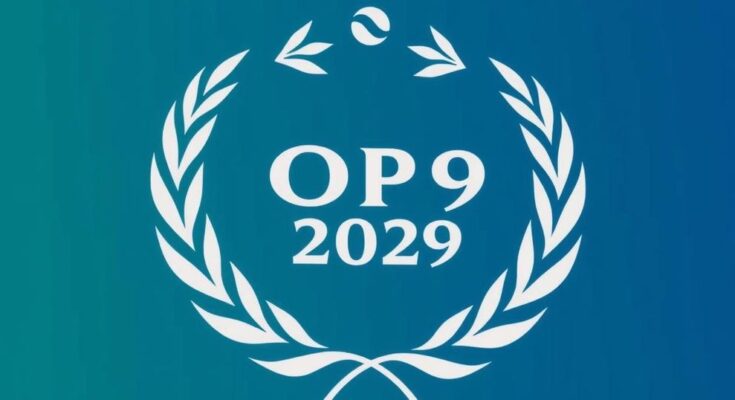The COP29 climate summit in Baku ended with developed nations pledging at least $300 billion in climate finance by 2035, aimed at supporting developing countries. However, many nations expressed disappointment over the inadequate contributions, calling it a betrayal. Some developed countries, including the US and the EU, remained optimistic, viewing the agreement as a new beginning for climate finance.
The COP29 climate summit in Baku concluded over 32 hours past its scheduled time, resulting in an agreement on international climate finance. Wealthy nations are committed to raising a minimum of $300 billion by the year 2035 to assist developing countries in mitigating greenhouse gas emissions and adapting to climate change effects. The agreement aims to distribute $1.3 trillion overall, combining contributions from developed countries, private investments, and alternative finance sources. Despite reaching this consensus, developing nations expressed profound disappointment, citing inadequate contributions from the affluent countries. Mohamed Adow, director of Power Shift Africa, articulated this sentiment, labeling the culmination of negotiations as a “betrayal of people and the planet by rich countries who claim to take climate change seriously.” Criticism fell on the host nation, Azerbaijan, for its promotion of fossil fuel interests, with President Aliyev referring to fossil fuels as a “gift from God.” In contrast, some developed nations expressed optimism; U.S. President Joe Biden acknowledged it as an “important step” and EU Climate Commissioner Wopke Hoekstra commented that COP29 will initiate a “new era for climate finance.” The newly established funding target replaces the previously set goal from COP15 in Copenhagen and will be reviewed in 2028 and 2030, with further deliberation scheduled for COP30 in Brazil in 2025.
The United Nations climate summits are crucial forums where countries negotiate measures to combat climate change. The importance of financial support from developed nations to developing countries has been a consistent theme throughout these discussions. The previously established target of $100 billion annually by 2020 was deemed insufficient and unfulfilled, hence, the new target of $300 billion by 2035 represents an attempt to revitalize international climate finance commitments. COP29 specifically indicated a growing recognition of financial aid for climate resilience and adaptation, yet the conversations often reveal disparities in expectations between advanced economies and emerging nations, leading to tensions.
In summary, the COP29 summit resulted in an international climate finance commitment from developed countries to raise at least $300 billion by 2035, aimed at supporting developing nations in combating climate change. However, the real outcome left many countries dissatisfied, reflecting the continuous divide in climate finance discussions. The summit has been framed by some as a pivotal moment for climate finance, while others view it as a significant failure to meet the pressing demands of global climate action.
Original Source: www.belganewsagency.eu




